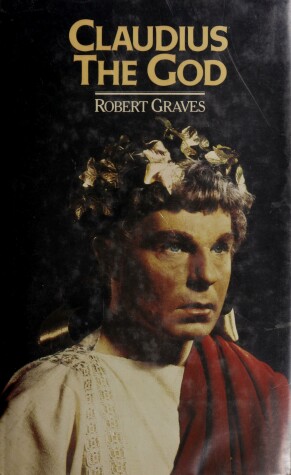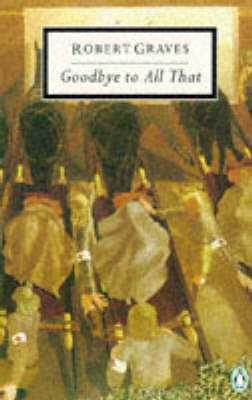CSA Word Classics (Audio)
2 total works
Continuing the saga begun in I, Claudius, Robert Graves's Claudius the God is a compelling fictional autobiography of the Roman emperor, published with an introduction by Barry Unsworth in Penguin Modern Classics.
Claudius has survived the murderous intrigues of his predecessors to become, reluctantly, Emperor of Rome. Here he recounts his surprisingly successful reign: how he cultivates the loyalty of the army and the common people to repair the damage caused by Caligula; his relations with the Jewish King Herod Agrippa; and his invasion of Britain. But the growing paranoia of absolute power and the infidelity of his promiscuous young wife Messalina mean that his good fortune will not last forever. In this second part of Robert Graves's fictionalized autobiography, Claudius - wry, rueful, always inquisitive - brings to life some of the most scandalous and violent times in history.
If you enjoyed Claudius the God, you might like Marguerite Yourcenar's Memoirs of Hadrian, also available in Penguin Modern Classics.
'I, Claudius and Claudius the God are an imaginative and hugely readable account of the early decades of the Roman Empire ... racy, inventive, often comic'
Daily Telegraph
'One of the really remarkable books of our day, a novel of learning and imagination, fortunately conceived and brilliantly executed'
The New York Times
'Graves made Roman history funny and familiar'
Guardian

